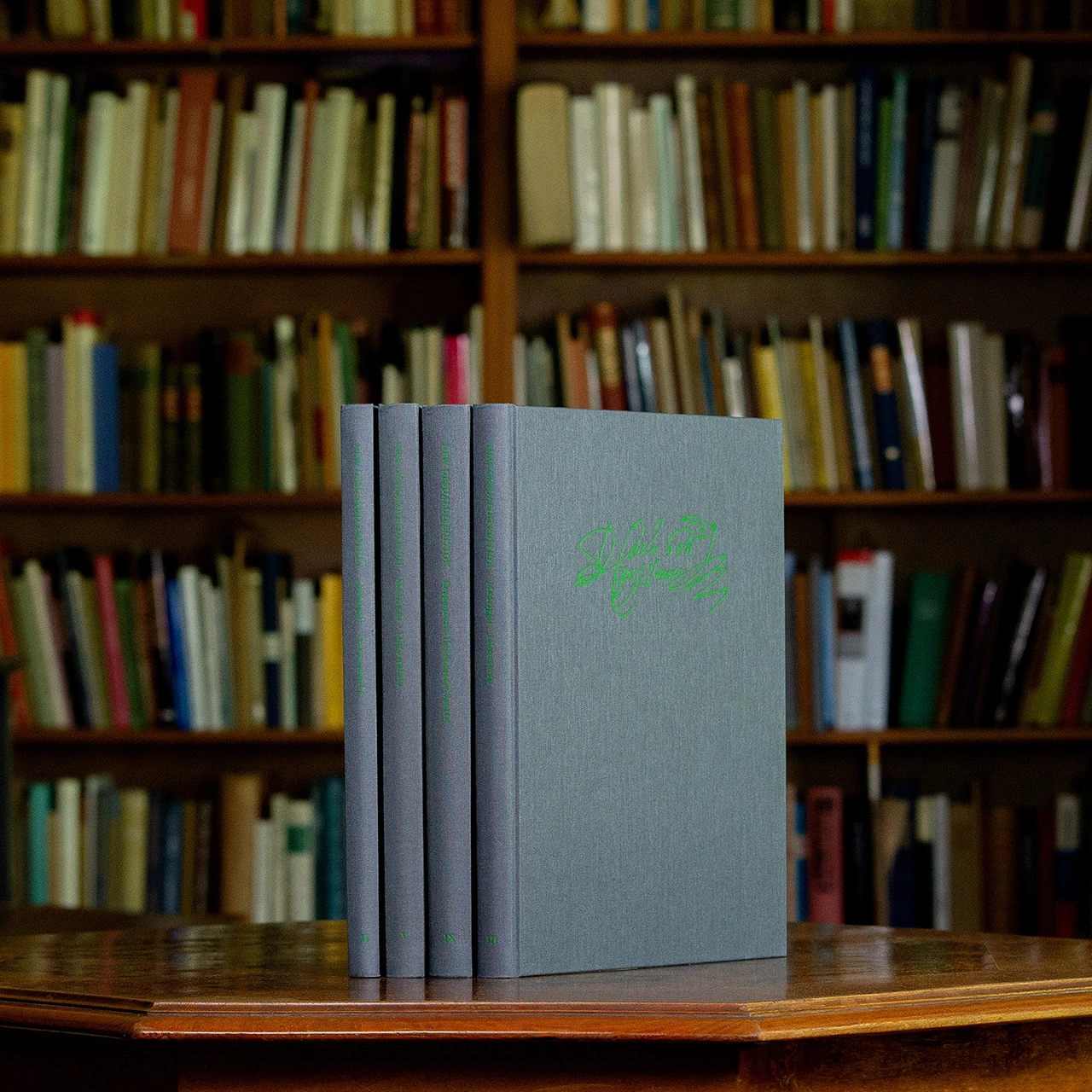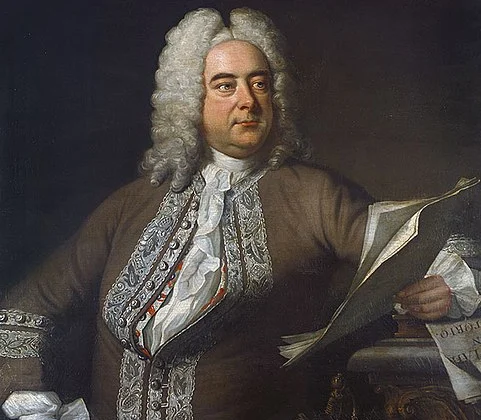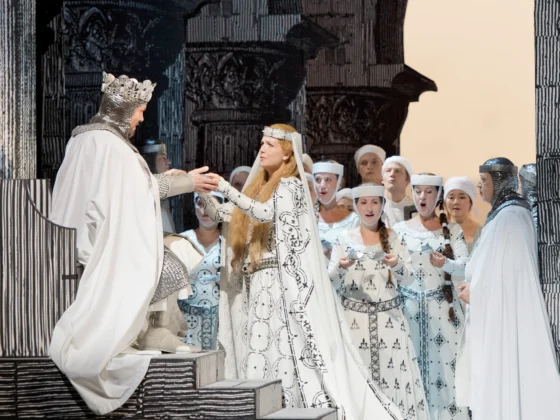Carlo Gesualdo (Venosa 1566 – Gesualdo 1613) was one of the most significant Italian aristocrats of his time; he was Prince of Venosa and simultaneously “Prince of musicians”. Together with Monteverdi he was considered the greatest composer at the turn of the 16th to 17th century, his personality attracting attention from intellectuals and artists both because of his tormented existence and the exceptional quality of his work. As early as the year of his death, an esteemed director of music from Genoa, Simone Molinaro, produced a score of his five books of 5 and 6-voice madrigals, designating them as models for the study of counterpoint and composition. In the last century, Igor Stravinsky’s enthusiasm for the daring chromatic writing of Gesualdo gave rise to a true “Gesualdo Renaissance”, greatly attracting the attention of scholars and listeners to the complex vocal polyphony of the Prince. Since then, a long series of research projects have been undertaken.
However, despite their historical significance, the editions of Carlo Gesualdo di Venosa’s works published so far, have turned out to be inadequate in terms of textual criticism. Hence the urgent need for a truly critical edition carried out on the basis of concise modern methods and suited to the needs of both scholarly research and historically informed performance practice.
The music of Gesualdo is handed down in precious part-book prints produced by two famous 16th-century printers: Vittorio Baldini, private printer of Ercole II d’Este, Duke of Ferrara, as well as Giovanni Giacomo Carlino, a well-known Neapolitan printer, whom Gesualdo asked to move to his village to print his last three part-books. Unfortunately, not all the first editions have survived in their entirety, hence the need to examine the surviving editions which immediately followed in order to reconstruct the complete musical texts. These reprints are also significant because they document the wide circu lation that the music of Gesualdo, in particular his madrigals, enjoyed from the beginning. Aside from the six books of five-part madrigals (a posthumous six-part book is unfortunately incomplete), three books by Gesualdo with sacred music of the same artistic level but not so experimental, composed at the Castle of Gesualdo, as well as some of his vocal and instrumental compositions found in anthologies or manuscripts have survived.


